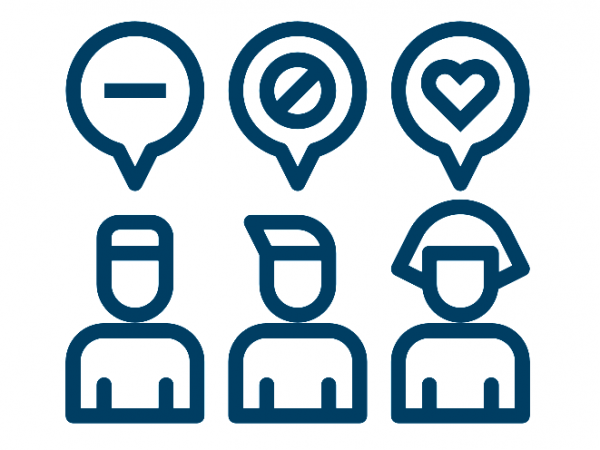The Net Promoter Score (NPS) indicates how popular a product or service is to its customers.
It is a measure of customer experience and a good predictor of business growth. Straightforward and easily understood by everyone from the back office to the front line, it provides a handy metric for businesses to use in driving an improved customer experience.
Net Promoter Score is calculated based on responses to a single question: “How likely is it that you would recommend our company/product/service to a friend or colleague?” The scoring for this answer is most often based on a 0 to 10 scale.
Respondents are grouped as follows:
- Promoters (score 9-10) are loyal enthusiasts who will buy more, remain customers for longer, and refer others.
- Passives (score 7-8) are satisfied but unenthusiastic customers who are vulnerable to competitive offerings.
- Detractors (score 0-6) are unhappy customers who can damage your brand and impede growth through negative word-of-mouth.
Net Promoter Score – the maths works like this
Example, 100 respondents. 30 responded as promoters. 50 responded as passives. 20 responded as detractors.
Calculation
- Calculate percentage of various groupings. For example
- Promoters = 30 divided by 100 = 30%
- Passives = 50 divided by 100 = 50%
- Detractors = 20 divided by 100 = 20%
- Subtract the percentage of customers who are Detractors from the percentage of customers who are Promoters, multiply result by 100
- Example: (Promoter percentage 30% – Detractor percentage of 20%) x 100 = 10
Analysing NPS results
NPS can range from −100 (every respondent is a Detractor) to +100 (every respondent is a Promoter).
NPS scores vary across different industries, but:
- A positive NPS (i.e., one that is higher than zero) is generally deemed good,
- A NPS of +50 is generally deemed excellent, and
- Anything over +70 is exceptional









